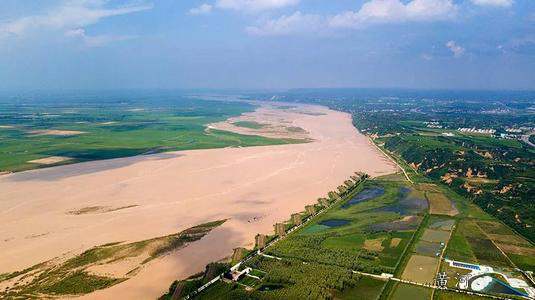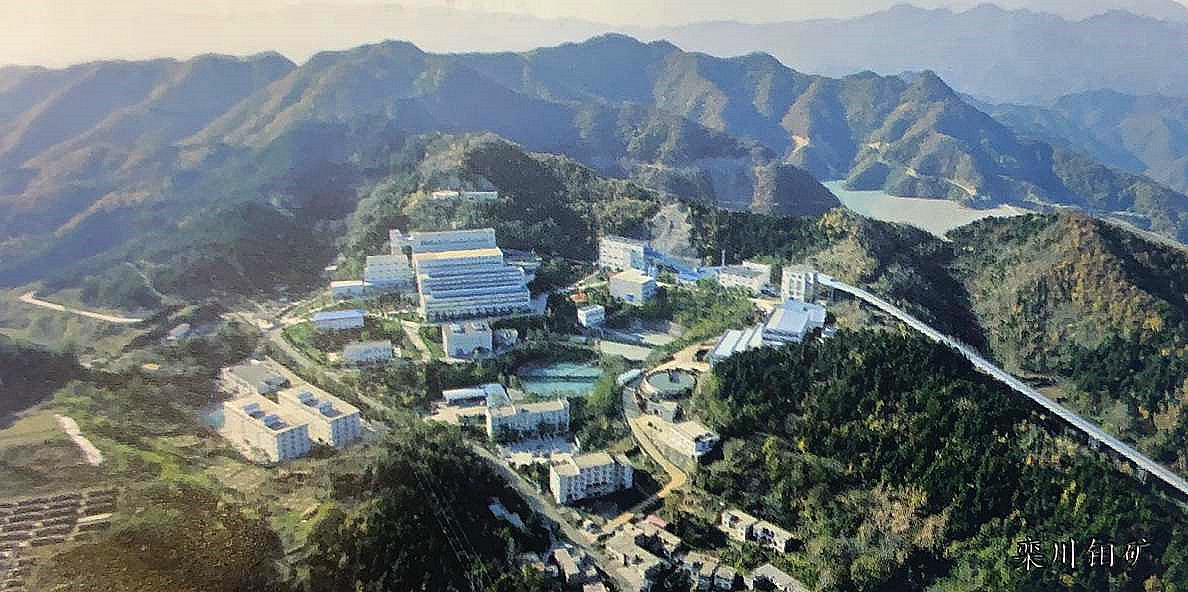Henan——The Origin of Chinese Historical Civilization
With long history, Henan Province is the root of Chinese people across the world and the birthplace of Chinese culture. Boasting rich culture, it is not only a home to celebrities but a crucial birthplace of Chinese surnames. With abundant resources, it is a major agricultural region and a Province with major mineral resources; it is a populous Province with rich labor resources and huge consumer market; located in Central China, it has been known as “a Central China region extending in all directions” for its advantageous geographical location. It is an important comprehensive transportation hub and the center of flow of people, logistics and information. It takes the leading position in agriculture as a major Province of grain production and grain conversion and processing. With rapid growth, its GDP ranks the fifth across the country and the first among Central and Western Provinces. With great potential, it is at a critical stage of rising and transforming, and it is showing increasingly energetic growth and momentum.

Henan Province is a significant birthplace of the Chinese nation and the Chinese culture. Emperor Huang-di, the ancestor of the Chinese nation, was born in present-day Xinzhen, Henan Province. The origin of the Chinese culture, the invention of Chinese characters, the formation of cities and the establishment of a united country are closely related to Henan Province. In the Chinese history of 5,000 years, Henan Province accounted for more than 3,000 years as the center of politics, economy and culture. Over 20 dynasties chose Henan as their capitals and more than 200 emperors were in power here. Henan Province boasts 4 ancient capitals of the “Eight Ancient Capitals of China”, including Luoyang, an ancient capital of nine dynasties, Kaifeng, of seven dynasties, Anyang, the capital of the Yin dynasty and Zhengzhou, the capital of the Shang dynasty. The Four Great Inventions of ancient China all originated from Henan Province. It boasts numerous cultural relics and historical sites. For example, the Peiligang culture, Yangshao culture and Longshan culture that recorded the flourishing life of the ancestors of the Chinese nation in this land; the Taihao Mausoleum of Fuxi, a human ancestor in the Chinese legends, the birthplace of Emperor Huang-di and Xuanyuan Qiu, the capital of the emperor’s state; Observatory of Lord Zhou, the oldest observatory of China; Hangu Pass, the earliest pass in Chinese history; White Horse Temple, the oldest Buddhist temple of China; Songshan Shaolin Temple, known as "the first Temple in the world" and world-famous Daxiangguo Temple. Luoyang, Kaifeng, Shangqiu, Anyang, Nanyang, Zhengzhou, Xun county and Puyang are all renowned historic and cultural cities.
